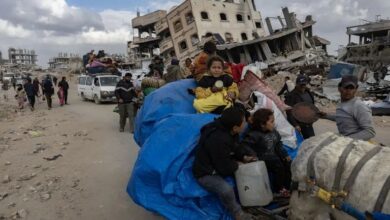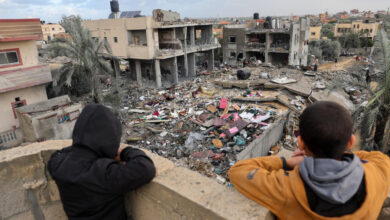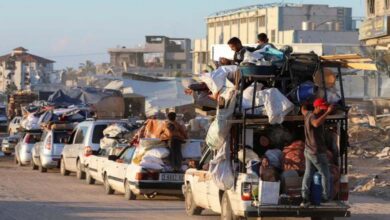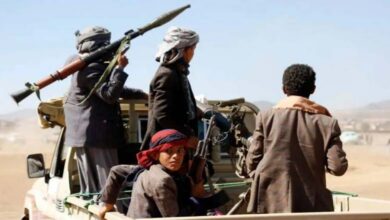Due to attacks and ship seizures by the Houthis, Yemeni people are facing humanitarian suffering

Yemen’s living conditions continue to deteriorate in a country experiencing one of the world’s worst humanitarian crises. Houthi attacks on ships in the Red Sea, Bab al-Mandab, and the Gulf of Aden have added new dimensions to old and chronic economic problems.
The terrorist Houthi militias, supported by Iran, have exacerbated the suffering of all Yemenis, not only farmers and traders, by imposing their escalatory measures at sea and land, imposing taxes, alms, and doubled taxes without providing any services or paying any salaries and obligations to the people who are suffering under the burden of these levies in the name of war effort and support for their fronts.
They increased their suffering by monopolizing black market trading in petroleum products, raising prices on them, and pushing many to abandon farming since the produce no longer covers production costs. Confirming that those crises have worsened further with the targeting of ships, preventing the arrival of any agricultural materials, raising fuel prices, and maritime insurance rates, which negatively impacts them and compounds their suffering like other Yemeni people who have been suffering from hunger for nearly a decade.
These attacks, carried out by the Houthi militias supported by Iran against international navigation in the Red Sea, threaten to worsen the humanitarian crisis in Yemen due to the increasing costs of shipping and insuring goods arriving at Yemeni ports.
Yemen is experiencing significant suffering, with Yemenis rushing to buy their needs for the month of Ramadan amid rising prices, as a new wave of inflation begins, especially in areas controlled by the Houthi group, driven by various factors, including tax campaigns and arbitrary measures against traders, amid international expectations of short-term price hikes in those areas.
These increases are due to renewed levies imposed on farmers and traders of agricultural products at several levels, starting from the farms, passing through road checkpoints and city entrances, and reaching the markets themselves. Additionally, the Houthi group does not exercise strict control over the prices of vegetables and fruits, as it does with other essential commodities such as bread, flour, and wheat.












